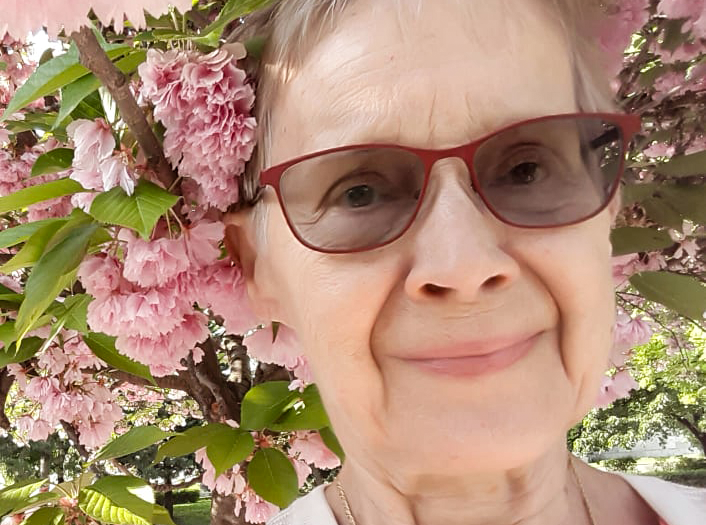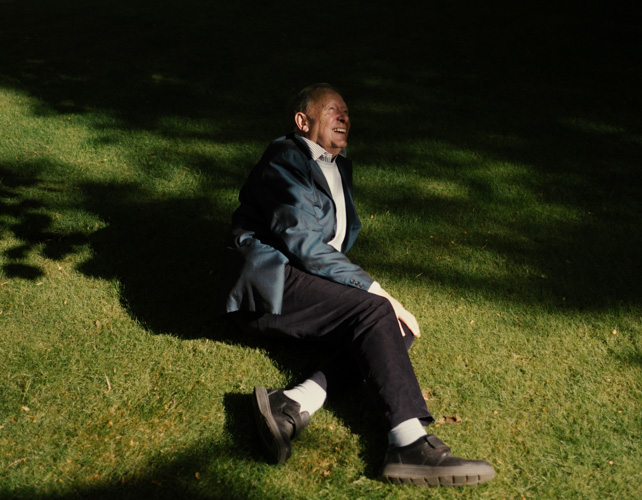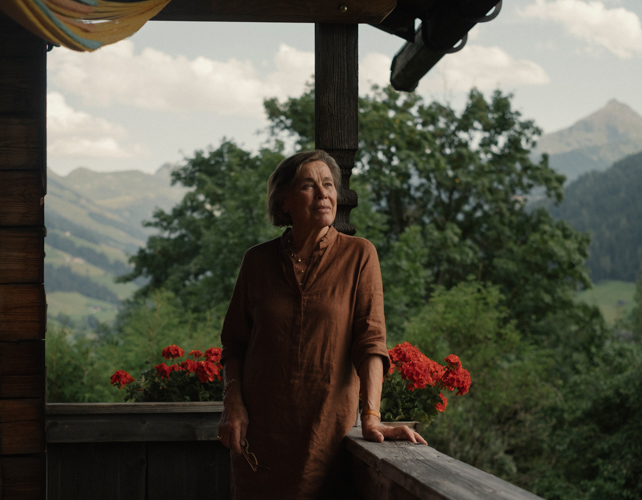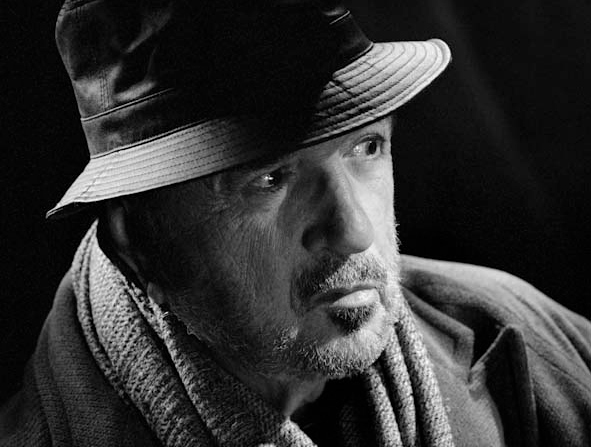Leena Oravilahti is a Finnish translater and interpretor. She was born in Joutseno in southern Finland in 1935, where she grew up until the age of six. During the war between Finland and the Soviet Union, she was sent to Sweden due to health problems. Coming from a large family, she was separated from her sister in Sweden and lived with a primary school teacher. After returning to Finland, she studied at the School of Economics against her father’s wishes who had dreamed for her to study music. After graduating, she first worked as a primary school teacher but later took up a job as a correspondent secretary at the Builders Union. Later in life she continued nurturing her affinity for languages, including working as a translator in a travel agency and as an interpreter.
Her life is marked by political turbulence, whether in early childhood or during her many stays abroad, be it through her interpreting activity or getting to know new countries by living abroad. In Argentina, for example, she was a neighbour of Argentina’s future First Lady.
This interview is an exciting conversation with a cosmopolitan woman whose language skills and travel experiences are the driving force behind her openness to other cultures but also instilled in her a strong sense of home. She talks about how her love of other countries and cultures inspried her many moves around the globe, but also how it finds expression in her enthusiasm for music, which she sees as a language of its own. She sees Europe as a place of consensus that unites us despite our different languages.
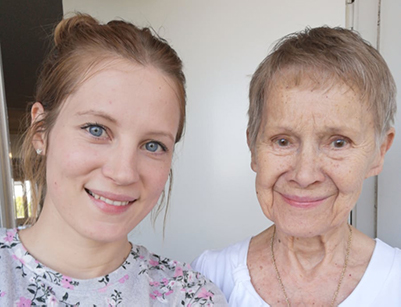
This interview was conducted by Elina Niemeläinen, a social science student at the University of Tampere, Finnland.
Interview Highlights
On the meaning of nationality
Nationality, Finnishness. Finnishness, my nationality, mean a lot of things to me, and the more I travel, for example, in Europe or wherever in the world, the more this is the case. The more I see life in different countries, the more I’m happy about my Finnishness, I think. After all, there are disputes, rebellions, strikes and everything else, but in the end, it feels like they’re trying to reach an agreement here. Sometimes it can be really difficult, but it is not comparable to killing, torturing and imprisoning people as they do in some countries. I am happy that I am Finnish.
Nationality is one of the most important things for every individual, and everyone should have the right to maintain it throughout their lives. I think it is extremely important.
It is all of that, but above all, it’s the feeling that you belong to a community that is the people of Finland. That is my community. […] [I feel determined] primarily by nationality, but on the other hand, when you think about it, there are so many nationalities in the world, and every person should have the right to nationality. That is a way in which all people are the same and should have the same privileges. […] I am not afraid of it. I have a strong Finnish identity. Of course, it may be influenced by the identities and cultures of other countries.
On the European Union
[The European Union is] primarily political, as far as I understand. It should also be cultural. There is so much culture that unites us. Political issues are most prominent; therefore they seem to be stronger. We have a lot of cultural backgrounds that are similar, so the cultural community is the most natural.
Freedom of movement makes it easier for my family to meet, as they live in different countries. The birth of the EU was a very happy thing for me. Travel had less restrictions, and people had the same money and more things in common. […] I can now travel here and there whenever I want, because the borders are no longer closed. That is quite an important freedom for me. That is why it is now terribly sad that these borders will be closed, and that there must be control at every border, as will be the result of Brexit. How can these borders be drawn with a red line so that people avoid crossing without documentation?
I wish that the countries of Europe, and the EU in particular, would learn to agree on certain things, that we would have the same basic objectives and values that we work together towards common goals and not act in such a way that some do everything and others do nothing. So that everyone would be good to one another and feel good about each other.
On the meaning of home
Home means many things to me. Most of all, I think of my childhood home. In the midst of terror, it was a refuge for me. It means love but also discipline. It means that nature was a playground. We didn’t really need any toys, because nature offered us everything we needed. Pine cones, rocks, sticks, berries, fruit – everything. With these we came up with many games. It was very inspiring.
On religion
At the moment, I feel that it partly sets people apart, that many are afraid of the doctrines of another religion and perceive them as threats. People’s fear towards the customs and culture of other religions is not good at all. There might be traits in them that are hard to accept, and they think that it would be better if these other people had the same way of thinking that we have. They don’t think at all that others might feel the same way they do.
On the future of her profession
Soon you probably don’t need a human as an interpreter – robots will do the interpreting. Hopefully it won’t go there. It is good for the interpreter to have human intelligence, language skills, insights, and not just a robot that reads the text that’s entered into it. Of course, there are situations where you can use a robot as an interpreter, but I think that that’s a bad solution.
On generational differences
Our generation’s upbringing and education was so different than younger generations’. You young people are so different from us older people. We were taught to be kind, quiet and obedient, so we had to work hard to express ourselves and for freedom of speech. Finnish women especially. Even though nobody has actually denied it to them, it’s just some kind of shyness and sensitiveness. It’s kind of a ‘gentle girl syndrome’. You have to be kind, adaptive and flexible. And you shouldn’t disagree or express yourself or your feelings. Everyone should be equal, and everyone should dare to say what they think without fear of being mistreated, rejected or punished.
